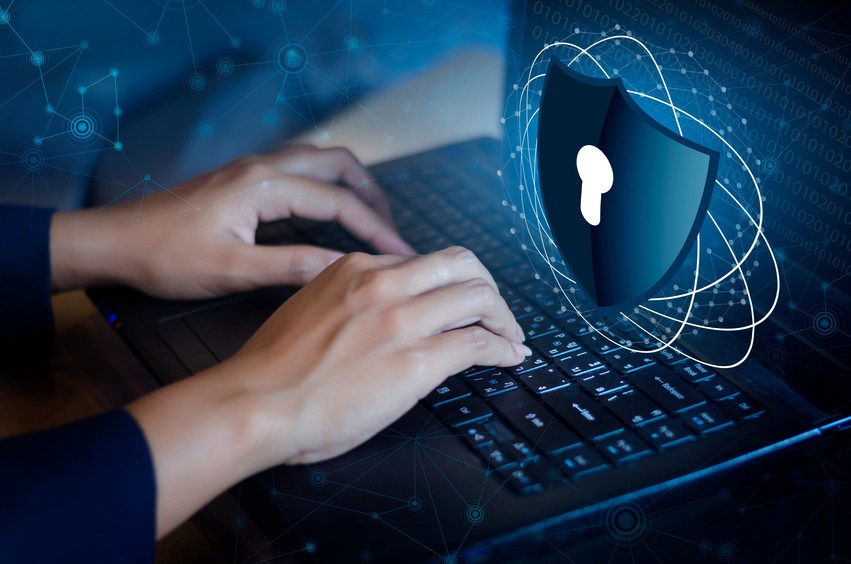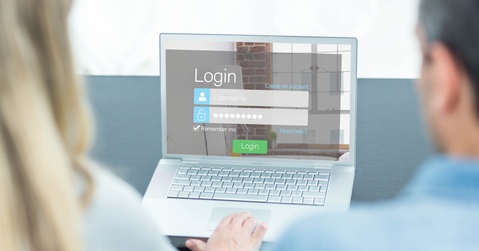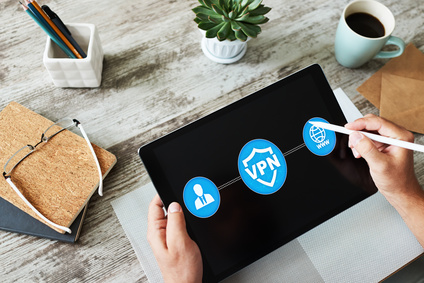
We live in the Internet Age and probably can’t even imagine a world without it, even though this wasn’t so long ago. The internet itself has been transformed and has revolutionized our very existence in so many ways. We’re online, in one way or another all day long and this has changed the way we communicate, the way we behave and feel and the way we shop online. But having technology at our fingertips comes with its pitfalls, especially when we turn our attention to privacy and security in the online environment.
Cybersecurity isn’t just a hot topic anymore, it’s a reality we come face to face with every day. From public and private businesses to governments, everyone is working hard on finding the best ways to withstand malicious hackers and data thieves. As we continue to digitize every aspect of our lives security and privacy protection becomes more and more primordial. Aside from using a good firewall, keeping our system up to date by installing security patches or using email encryption we can also use a VPN to protect our privacy.
What is a VPN?
A VPN is a virtual private network that creates a virtual encrypted network between two separate networks, in this case, yours and a remote server operated by a VPN service. In order to protect your data, all external internet traffic is routed through this private network, keeping your identity secure. Every time you browse the internet your transmit data onto the public internet, which makes it possible for someone to intercept that data. Using a VPN makes it look like the data is coming from that virtual private network server, shielding your data from being tracked.
Why use a VPN?
Probably a more appropriate question would be why not use a VPN? To better understand the use of this service just think of a simple scenario. You’re in your favorite restaurant or at the train station waiting for your train and want to read the news, check your email or do some online shopping since you have some time to kill. So you connect to their public Wi-Fi network and carry on. So far so good, but the bad part is that you can’t trust a public network because you don’t know if someone is watching it, if it’s legit or if someone hacked it and is just waiting to steal your personal data.
1. Protect your personal data
A simple action as checking your email means sharing your passwords, or even worse sharing your credit card information because it’s getting chilly outside and you need a new pair of boots. Using a VPN to connect to any public network keeps your data safe and secure and you can browse all the websites you want because no one will be able to intercept or steal the data you are sharing.

2. Access blocked websites
Using a virtual private network not only encrypts your signal but also manipulates your IP address. This means you can access certain blocked websites by securely routing your web traffic through a different country. Even though it can be considered illegal, people who live in countries with authoritarian governments that monitor and censor their online activity can use VPNs to access websites that are otherwise blocked. A few examples of countries who limit and surveil access to the Internet are China, Cuba, Egypt, Afghanistan, Syria or Belarus. Even though a VPN slows down your connection by 20 to 25 percent, we can all agree the price is well paid when it comes to freedom from prying eyes.
At the same time, streaming services like Netflix or Hulu cannot offer certain content to people who live outside the USA and they trace your IP address in order to pinpoint your location. Using a VPN allows people who live outside the country to access those movies and shows.
3. Go around restrictive networks
A VPN can also help you avoid the restrictions imposed by certain networks, like companies, schools or universities. In most cases, you’ll see that it’s impossible to check your personal email, Facebook account or other websites when you’re using one of this networks. When using a VPN your browsing activity is encrypted, so the system administrator can’t record that data. Keep in mind though, even though a VPN can get you around restrictive networks, it’s not recommended to violate their rules, especially if you’re an employee who signed a policy for browsing the web.
4. Secure your VOIP calls
If you’re a regular user of Skype calls or other VOIP and online voice chatting services you should think twice about the information you are sharing during these calls because they are pretty easy to crack. Using a VPN connection during these calls can really bring you some peace of mind. After all, personal privacy is invaluable.
5. Mask your searches
It’s no secret search engines like Google and Bing use our online activity to customize our experience and deliver relevant advertising. But if you don’t want Google to start suggesting the best ways to lose weight, the most effective pickup lines or cheapest divorce lawyers you might want to consider using a VPN to keep your searches private. Getting rid of potentially embarrassing Google suggestions or ads isn’t the only reason why you should make sure your searches are private. After all, personal privacy is a basic right and a VPN can help you make sure it is being respected.
How to choose a VPN?
Now that we’ve seen how important a VPN is, you need to make sure you choose the right one. There are a few important things you need to pay attention to when choosing a VPN.

Privacy
Considering you are using a VPN to protect your browsing activity, the first thing you should make sure of is that they respect your privacy too. That’s why it’s important to check if they have a no-log policy which basically means they never record or track your online activity.
Protocol
There are a number of VPN protocols you can use: PPTP, L@TP/IPSec, SSTP, OpenVPN TCP and OpenVPN UDP. TCP is the most used connection protocol on the internet, while UDP is better for audio and video streaming tasks. You should choose a VPN service that allows you to choose between OpenVPN TCP and UDP, depending on what you are doing.
Bandwidth
Some VPN services may impose data limits, so depending on your internet usage check if you’ll get full bandwidth.
Location
If you’re interested in getting an IP address from a specific country, check if that option is available and if they have a server in that country.
Multiple devices
If you’re interested in using the VPN service on multiple devices check what are their limits and if you can use the VPN on all of them at the same time.
Cost
While VPN services are available free of charge, you can imagine they don’t offer the same quality and protection as paid ones. You shouldn’t compromise when it comes to your privacy so choose the one that offers everything you need, not the cheapest one.
Virtual private networks are definitely a useful tool worth using to protect your privacy. If you like the idea of using a VPN but you’re not willing to pay for it make sure you carefully read their privacy policy before agreeing to the terms of use. Most free VPN providers will log your online activity and serve you contextual ads, offer limited bandwidth or lack servers in certain locations. So if you’re really serious about protecting your privacy set your expectations, do your research and pay the well-deserved price. Check out our article about “What’s the Best VPN Service for Business?” and see which mix of features and price is the right one for you.


 (21 votes, average: 4.50 out of 5)
(21 votes, average: 4.50 out of 5)